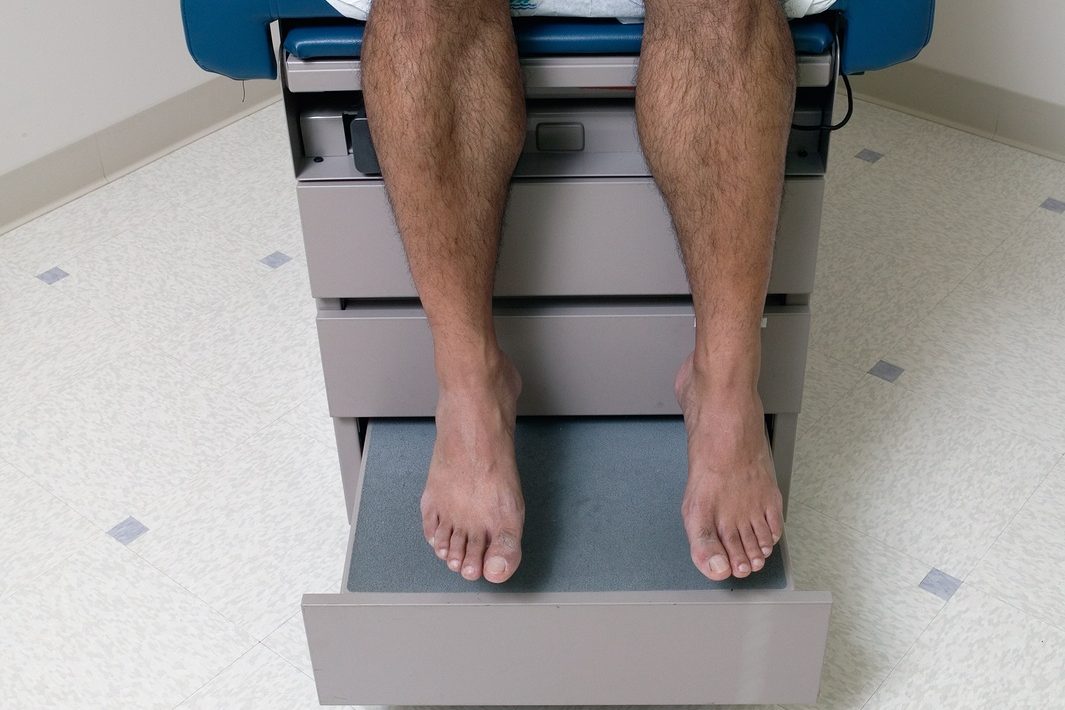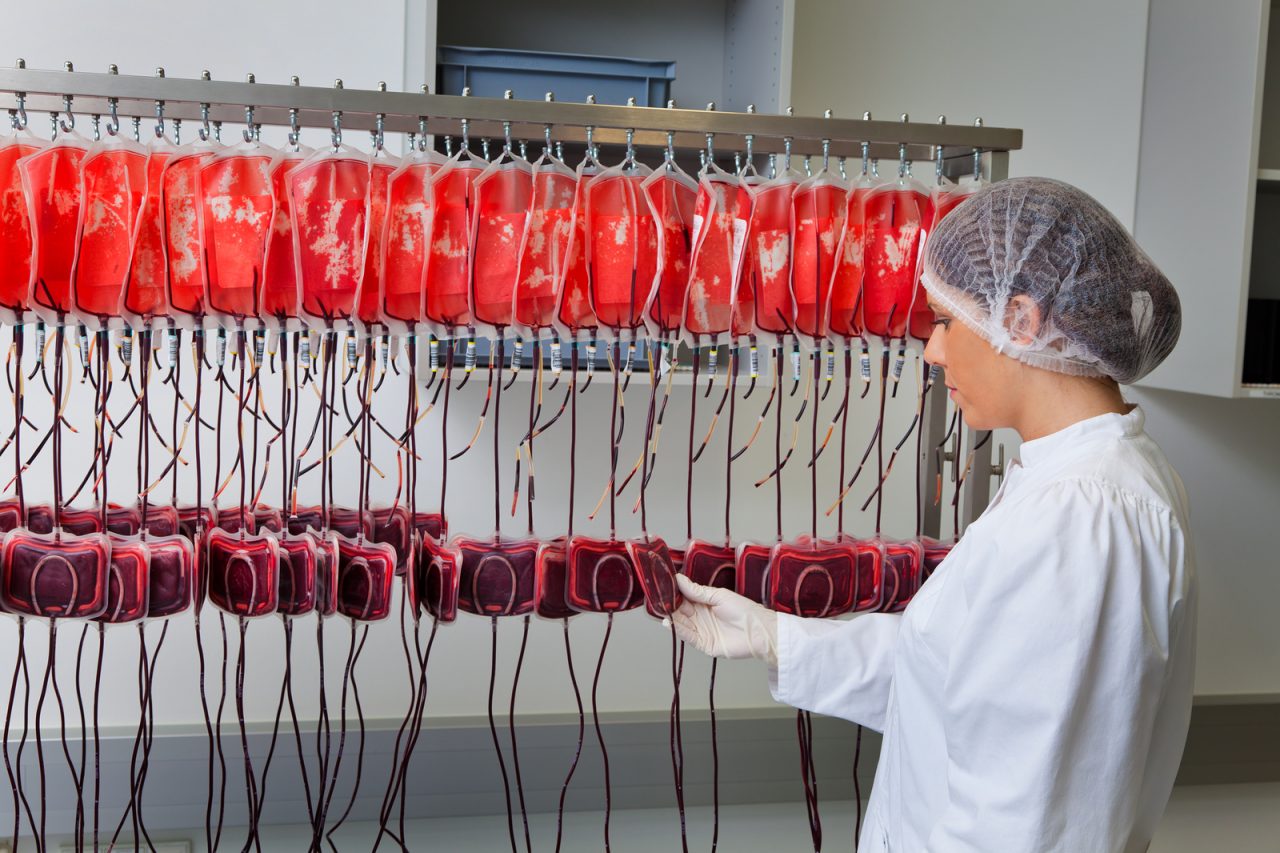It occurs to me there are several keys to being an excellent physician. One must love science, enjoy hard work, have the courage to make tough decisions, carry a modicum of intelligence and suffer angst at receiving 94% on an organic chemistry test. In addition, the very best physicians, those we admire and to whom we flock, have a secret weapon. They do not care.
I do not mean that they are unfeeling or apathetic. Quite the opposite, the best are driven, passionate, and have an indomitable love of their fellow man. I do not believe doctors do not care what happens to their patients, families or community. Leading physicians are often devastated by bad outcomes and have guilt from every mistake they have ever made. Moreover, of course, the best are not aloof or uninvolved in life around them. That is obvious.
What I mean is that gifted doctors do not care about the what or who of each patient. They are not influenced by personality, background, or individual quirk. They do not care about the dozens of ways in which human beings catalog, rank and segregate each other. Exemplary doctors are not prejudiced by age, sex, race, religion or creed. They are not moved by height, weight or smell. They ignore social status, politics, or dollars on the table. They are oblivious to whether a patient is beautiful, ugly or scarred. They are not arbiters of habits such as smoking, drinking or drugs, except as they affect that person’s health. In short, the very best physicians care about each patient as a human being, and do not judge the human being who is the patient.
The problem is that suspending judgment is an art in itself, and while it is at the core of the medical role, it is not natural or easy. This sort of passionate objectivity takes time, experience and training to develop. Human beings survive by constantly looking for patterns and we have a nasty habit of turning those patterns into judgment and prejudice. Learning to suspend this natural reflex, so that a physician can accept each patient as a whole, working within his or her individual strengths and weakness, is a monumental challenge. Nevertheless, as long as a doctor falls into the trap of treating “that fat guy with cancer” and not “the guy with cancer who happens to be overweight,” he/she will fail to give objective care. Prejudices left unrecognized result in treatment that is biased and inferior, and not the best medical care.
Maintaining this sort of objectivity, loving man for the simple fact that he is man, is a skill that can never be completely mastered. Even the best doctor is not Mother Teresa or Mahatma Gandhi. Each physician knows, if he looks in his heart, the particular type of patient that “gets to him.” These patients try that doctor’s professional focus and there is always the risk of uneven medical care. On the other hand, one of the great joys of practicing medicine is the continuous challenge and opportunity to improve, not just in the science of medicine, but the art, and such patients give each doctor a lifelong chance to grow.
Perhaps, this absolute necessity to treat each patient without judgment is what makes medicine unique and presents a special lesson. Few other fields of life require the deliberate elimination of all prejudice. The earth would be very different if we saw each individual’s characteristics and personality as what makes them special and instead of using those differences to segregate, built on those differences to benefit them and each of us. It would make for an interesting world if we all played doctor and accepted every person for what they are.







16 Comments